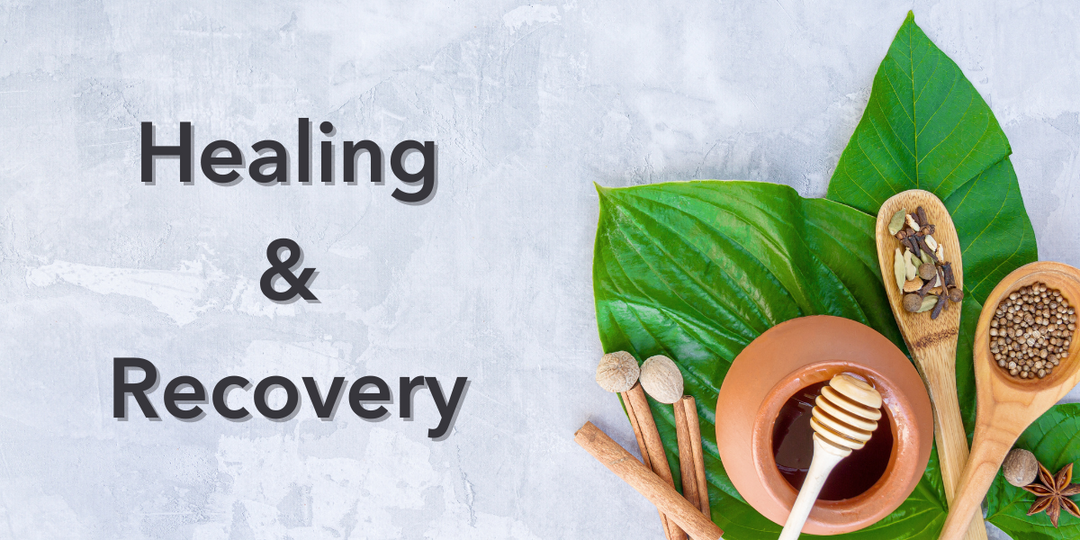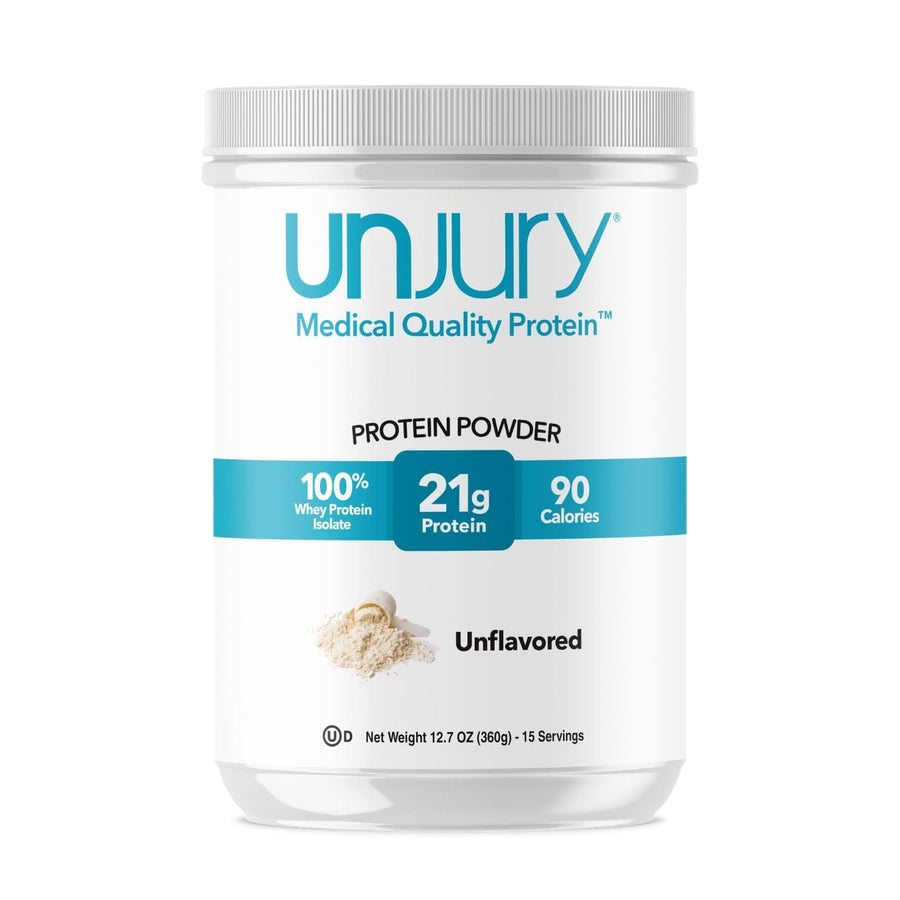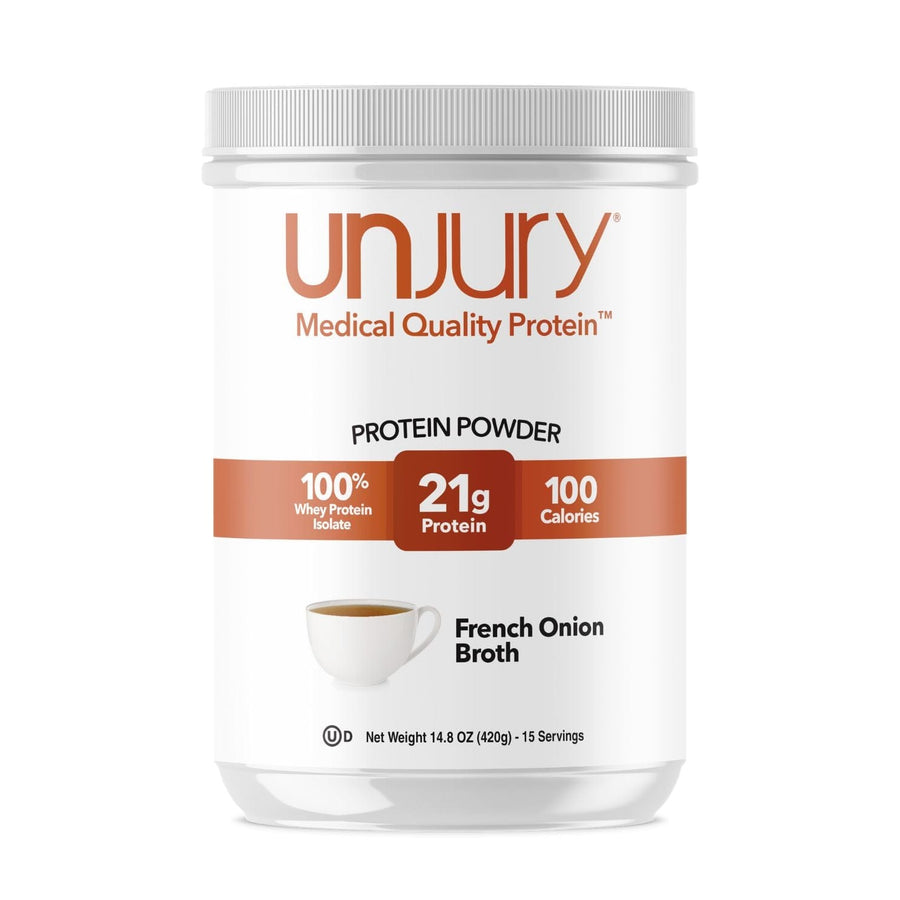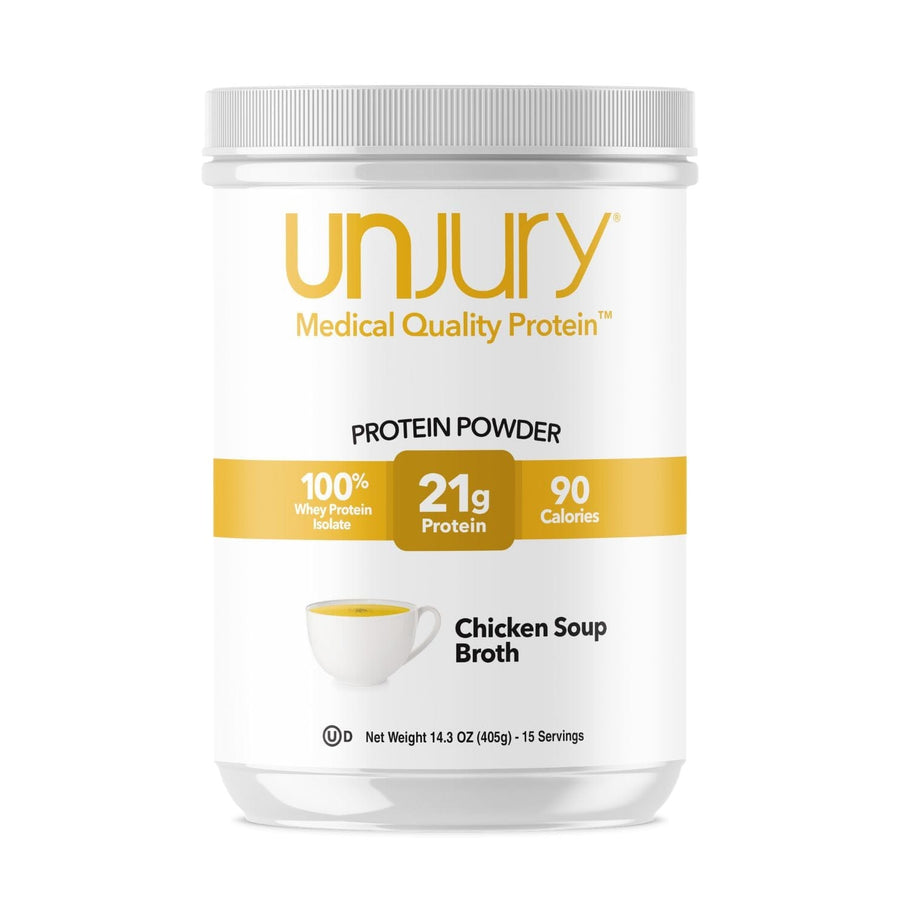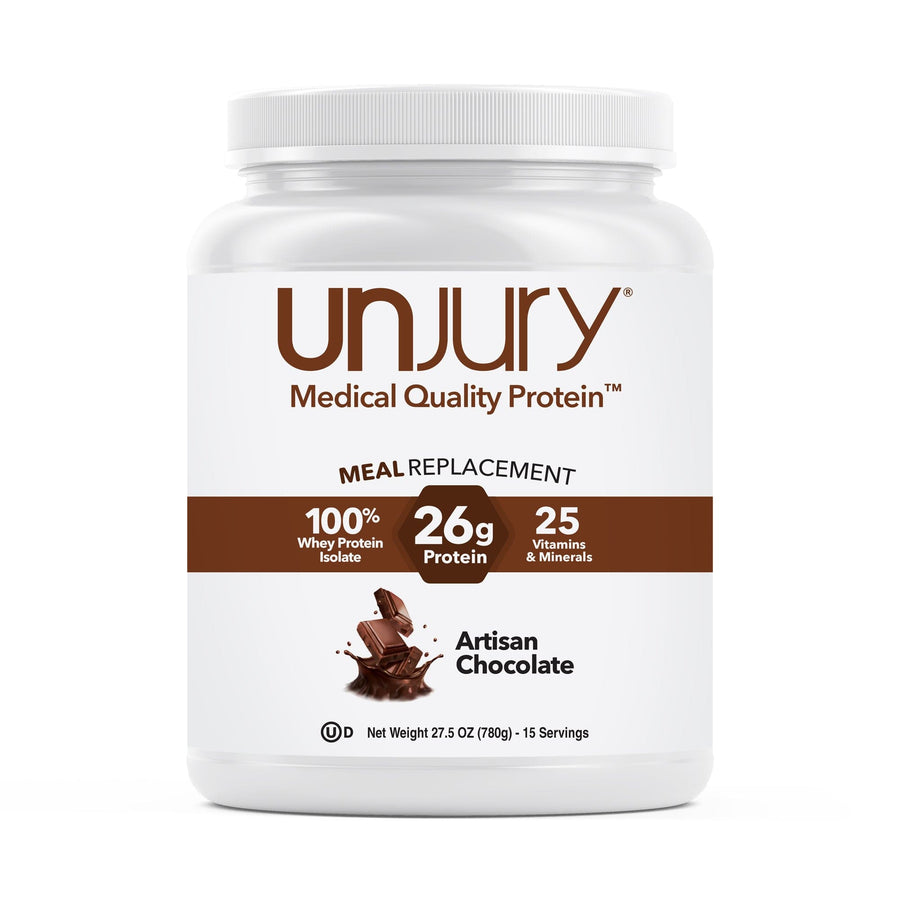Healing Foods for Recovery and Strength
Navigating the path to healing after illness, surgery, or injury often demands more than simply resting and taking medication—it requires a thoughtful approach to nutrition. Specifically, adding high-calorie and high-protein foods into your diet can be vital for wound healing, repairing tissues, and regaining strength.1
In this blog, we explore nutrient-dense and protein-packed foods that can support your recovery journey.
Why High-Calorie and High-Protein Foods Matter
During healing and recovery, your body needs more energy and nutrients to repair tissues and fight infections. A high-calorie and high-protein diet may be suggested for the following reasons:
Tissue repair: Protein is important for repairing and building new tissues, including muscles, skin, and organs, while higher calories supply the energy needed for these processes.2*
Immune system function: High-quality protein supports a strong immune system, helping the body fight off infections and lowering the risk of complications during recovery.3*
Wound healing: Protein is essential for the formation of collagen, a source of protein critical for wound healing. Meanwhile, high-calorie foods provide the energy needed for cellular repair and regeneration.4*
Muscle preservation: High-quality protein helps prevent muscle breakdown and supports muscle recovery, which is essential for regaining strength and mobility after illness or injury.1,2*
Nutritional Recommendations for Recovery
A balanced diet packed with protein, healthy fats, complex carbohydrates, vitamins, and minerals can improve recovery time and promote the body's resilience against illness, injury, or rigorous physical activity.
Protein-rich foods: Include lean meats, poultry, fish, eggs, dairy products, legumes, nuts, and seeds in your diet. If you have food restrictions, consult your healthcare team and a registered dietitian nutritionist for dietary recommendations.
Healthy fats: Include sources of healthy fats like avocados, nuts, seeds, olive oil, and fatty fish in your diet to increase calorie intake and supply essential fatty acids for cellular repair and healthy inflammatory responses.5
Complex carbohydrates: Opt for nutrient-rich carbohydrates such as whole grains, fruits, vegetables, and legumes to supply lasting energy and support metabolic functions.
Supplementation: Sometimes, supplementation might be necessary to meet increased nutrient needs. Seek guidance from a healthcare provider if you require extra supplements, like protein powders, vitamins, or minerals.
Hydration: Stay adequately hydrated by drinking plenty of water throughout the day. Proper hydration is essential for transporting nutrients, eliminating waste, and overall healing processes.6
Summary
A well-rounded diet packed with calories and protein is vital for recovery from illness, surgery, or injury. It provides key nutrients to assist in healing, support immune function, and rebuild strength.
Prioritize nutritious foods and stay hydrated to optimize your recovery and overall health. Consult your healthcare provider or a registered dietitian for personalized dietary guidance tailored to your specific needs.
With the proper nutrition and care, you can help ensure a smoother and more effective recovery process.
Get Recipes for Recovery and Strength
References
1. Klemm S. Nutrition Tips to Promote Wound Healing. 2021. Accessed from https://www.eatright.org/health/health-conditions/diabetes/nutrition-tips-to-promote-wound-healing.
2. Carbone JW et al. Nutrients. 2019;11(5):1136.
3. Prado CM et al. J Cachexia Sarcopenia Muscle. 2020;11(2):366–380.
4. What to Eat When You’re Trying to Heal. 2023. Accessed from https://health.clevelandclinic.org/foods-to-help-healing.
5. Liu AG et al. Nutr J. 2017;16:53.
6. Popkin BM et al. Nutr Rev. 2010;68(8):439–458.
*These statements have not been evaluated by the Food and Drug Administration (FDA). These products are not intended to diagnose, treat, cure, or prevent any disease.
This blog is for information and education purposes only. This information is not intended to substitute professional medical advice, diagnosis, or treatment. Please consult with a qualified healthcare provider with any questions in regards to a medical condition. A qualified healthcare professional can best assist you in changing your diet or use of dietary supplements.


